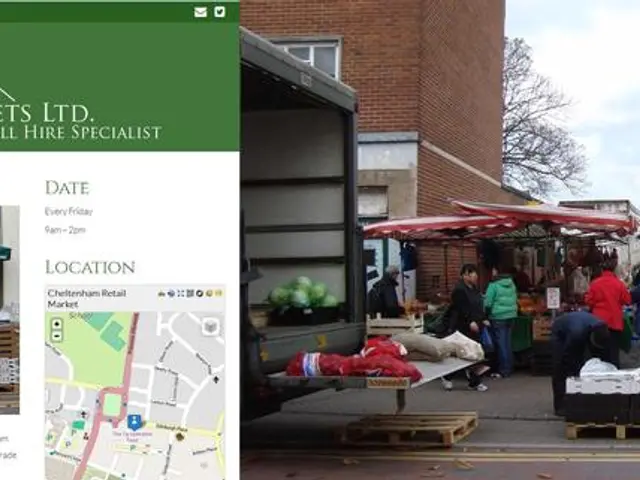Warning: Beware of Counterfeit Tax Notices
Warned About Deceptive Tax Statements: Identifying and Avoiding Tax Declaration Scams
As tax season approaches, consumers are urged to exercise caution when faced with tax-related correspondence from the Federal Central Tax Office. Currently, false tax letters are being circulated, with criminals posing as the Federal Central Tax Office and requesting payment for purportedly late tax returns.
These letters typically demand immediate payment within a two-day deadline, often for hundreds of euros. To help consumers identify and avoid falling victim to these scams, the Bavarian Tax Assistance (Lohi) has provided the following tips:
- Inconsistencies in mail: While initial impressions may deem the mail as legitimate, close examination often reveals inconsistencies such as different dates appearing on separate pages or discrepancies in the sender's address and footnotes.
- Personal greetings - or lack thereof: It is unusual for tax letters to not address the recipient by name. In such letters, the salutation typically reads "Dear taxpayer." Legitimate tax authorities generally use the recipient's name and tax ID in their communication. If a tax ID is provided, it is advisable to compare it with your own ID - it is usually incorrect.
- Strange responsibilities: The local tax office is responsible for tax returns. In cases involving demands for such returns, it is the local tax office, not the Federal Central Tax Office, that should be the sender.
- Foreign account details: No German authority holds accounts abroad. The account details provided on the letters, which often begin with "ES" for Spain, are usually incorrect. A genuine German IBAN would begin with "DE."
If after checking points 1 to 4, you still doubt whether the claim is legitimate, it is strongly recommended to contact your local tax office directly. Look up their official number, either online or on your last tax notice, and inquire about the demand.
The U.S. Internal Revenue Service (IRS) has faced similar scams in the past, where criminals impersonate the IRS. To combat these fraudulent activities, it is crucial to verify the legitimacy of any tax-related communication and prioritize the protection of your personal and financial information.
Source: ntv.de, awi/dpa
- The Bavarian Tax Assistance (Lohi) advises that the finance and business sectors should be cautious about general-news pertaining to counterfeit tax notices, as these may contain inconsistencies in the mail format and lack personalized greetings, employing odd account details and assigning unusual responsibilities.
- In the realm of crime-and-justice, it's essential for every community to understand and adhere to their employment policy, which includes training employees to identify and report potential tax scams, ensuring secure data storage, and establishing clear communication channels with the local tax office.





